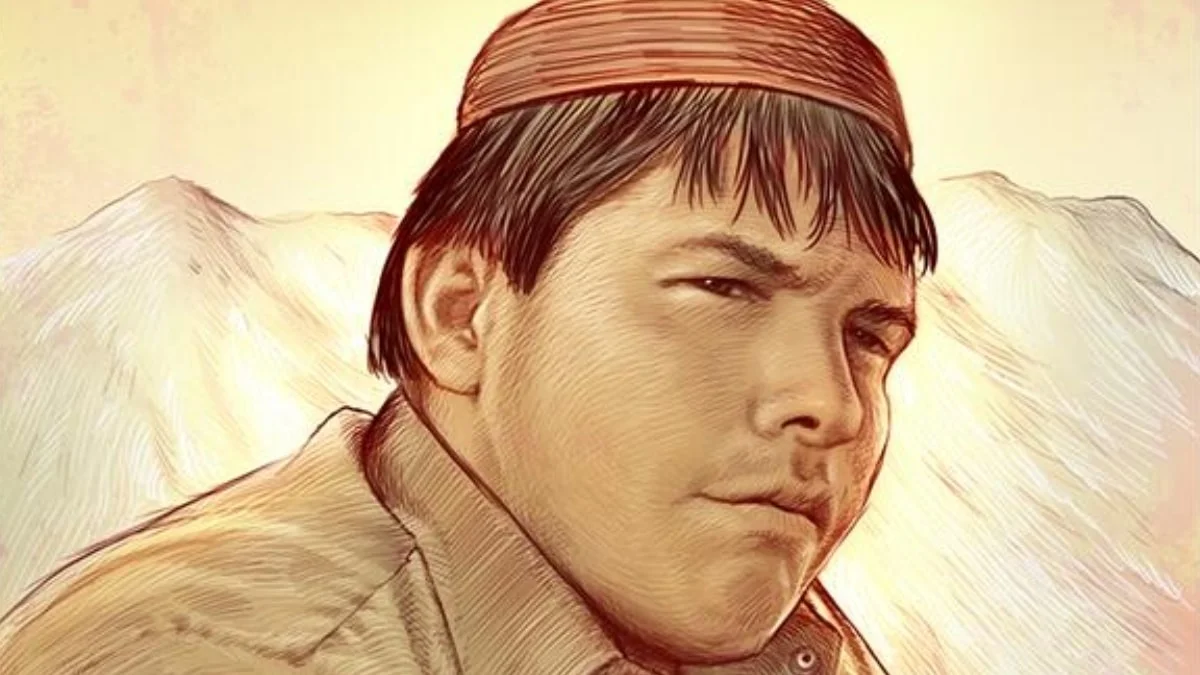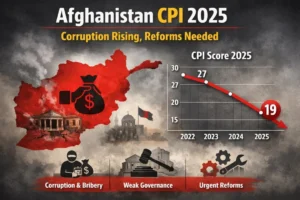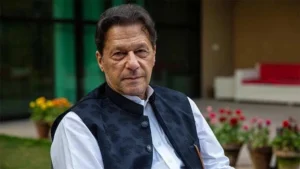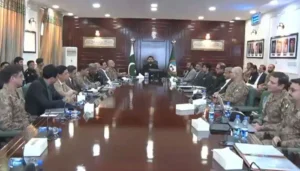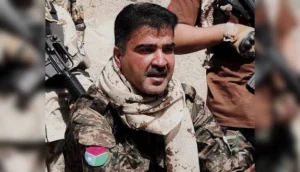Between 2005 and 2013, more than 80,000 Pakistanis, civilians, security forces, students, teachers, and neighbors had lost their lives in the war against terror in Pakistan. These numbers are haunting in their scale, but they risk becoming distant. The real tragedy is in the lives behind the statistics. The story of one boy, in one small village, shows what those sacrifices truly look like.
A Schoolboy’s Last Stand
On 6 January 2014, in the village of Ibrahimzai, Hangu district, Khyber Pakhtunkhwa, a fifteen-year-old student named Aitzaz Hasan Bangash, in class nine at Government High School Ibrahimzai, made a decision that would cost him his life, but save many others. Ibrahimzai is a humble village; life there is humble, marked by poverty, where many families send fathers or older sons abroad to work in the Gulf to make ends meet. On that morning, Aitzaz had been late and was not allowed into the school assembly. He stood outside the gate with some other students.
As he waited, a man approached the main gate, apparently seeking admission to the school or entry by some pretext. One of the students noticed wires and a detonator under the man’s vest; he was carrying a suicide bomb. Many students fled inside, alerted. But Aitzaz Hasan stayed. He confronted the would-be bomber despite pleas to run. Some reports say he threw a stone first; others that he grabbed or hugged the bomber to prevent him from entering. Then the bomb exploded. Aitzaz and the attacker died. No other students were killed. Around 2,000 pupils were inside the school that day; many believe that Aitzaz’s action prevented the deaths of hundreds, perhaps thousands more.
Pride, Pain, and a Father’s Words
Teachers and classmates who witnessed the moment remain haunted. His teacher, Habib Ali, recalled, “I saw Aitzaz Hasan trying to get hold of a guy, and then there was a big explosion.” Another teacher, Azmat Ali, said, “He played a significant role while stopping the suicide bomber. Our school is really proud of him.” A classmate, Naseeb Ali, added, “We felt sorry after losing him, but we are proud of being his friends.”. His cousin Mudassir Bangash remembered him as “an accomplished student who excelled in all extracurricular activities”.
His father, Mujahid Ali Bangash, working in the UAE at the time, returned only after the funeral. He said, “My son made his mother cry, but saved hundreds of mothers from crying for their children.” He declared that “I amhappy that my son has become a martyr by sacrificing his life for a noble cause.” When people offered their sympathy, he famously responded, “Many people are coming to see me but if they try to express sympathy, I tell them to congratulate me instead on becoming the father of a martyr,” The government and public honoured him. He was posthumously awarded the civil bravery award of Sitara-e-Shujaat. His school was renamed “Aitzaz Hasan Shaheed High School”.
Terrorism’s Shadow
So, who were the attackers, and what was their motive? At the time of Aitzaz Hasan’s sacrifice in January 2014, the Tehreek-i-Taliban Pakistan (TTP) was carrying out frequent suicide bombings and attacks across the country. The TTP itself had emerged as an umbrella organization, incorporating various offshoots, including groups such as Lashkar-e-Jhangvi.
While there was no clear evidence linking the Ibrahimzai school attack to a single faction, security officials and analysts widely considered it part of the broader TTP campaign of violence against schools, civilians, and state institutions, speaking to Geo Tv, Aitzaz’s elder brother, Mujataba, said that on April 3 this year, the family received a threatening letter from the Tehreek-e-Taliban Pakistan, which stated that “Aitzaz Hasan is not a hero nor a martyr.Aitzaz’s brother, Mujtaba, should stop meeting the media and officials of government institutions; otherwise, he will be responsible for any loss.”
In the days following, citizens, civil society, media, and religious leaders emphasized that this was not just an attack on a school, but an attack on education, on children’s futures, and on the vulnerable in Pakistani society. One classmate, Atif Hussain, said Aitzaz sacrificed for the cause of education so that no one could snatch away his memory. Even prominent Pakistani voices outside Hangu responded. Malala Yousafzai, who had survived an attack by militants herself, called Aitzaz “brave and courageous,” and said his act must never be forgotten.
A Nation’s Sacrifice, A Boy’s Legacy
Aitzaz’s story shows that courage can come from the youngest and the most ordinary. His sacrifice reminds us that behind every casualty in Pakistan’s struggle against terrorism is a child, a parent, a family, and a community whose lives are forever changed. He proved that terrorism strikes at the most vulnerable, yet it is often ordinary citizens who become the first line of defence. Though honoured by the state and remembered by his school, his family has also spoken of unfulfilled promises and the need for better protection. Statistics alone are chilling, but Aitzaz’s act gives them meaning, showing that even one brave life can stand for the resilience and sacrifice of an entire nation.
In short, Aitzaz Hasan’s story gives face to what are otherwise hard numbers. He shows that bravery can come from unexpected places, that civilian lives matter just as much, and that every life lost has meaning. Pakistan’s losses are vast; our beloved country has paid with tens of thousands of precious lives to defend its people and future. Remembering individuals like Aitzaz helps humanize those sacrifices.

